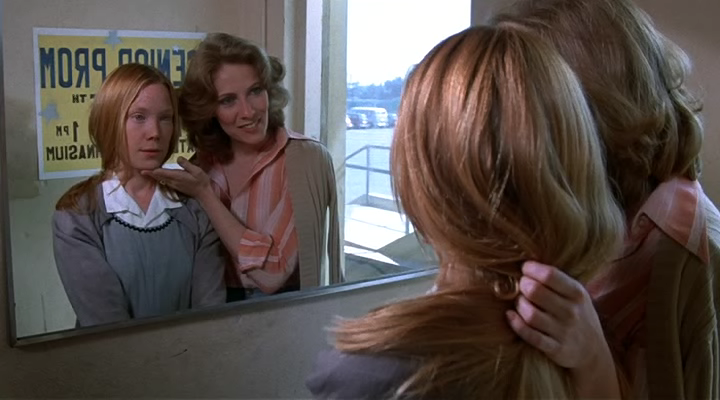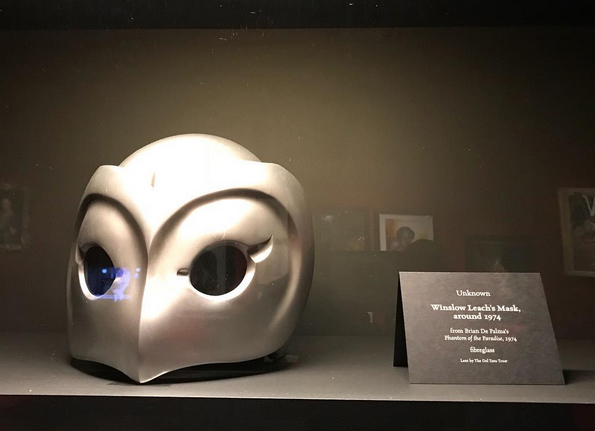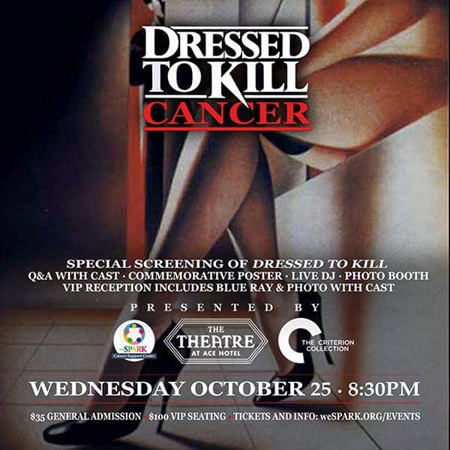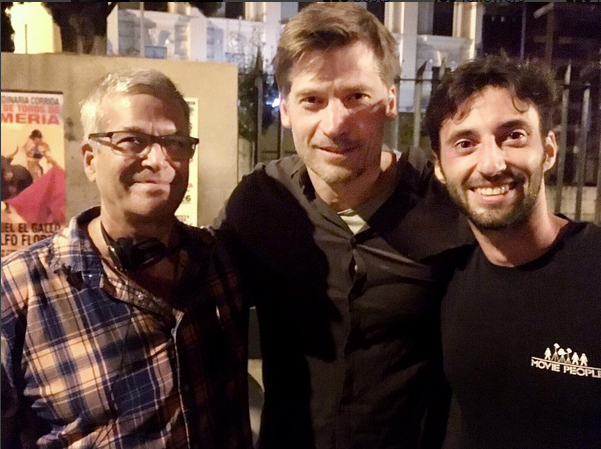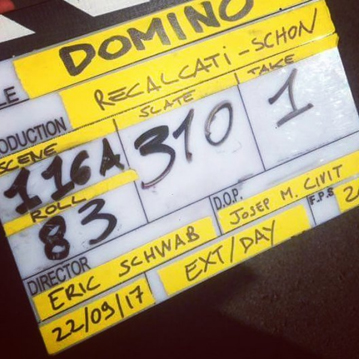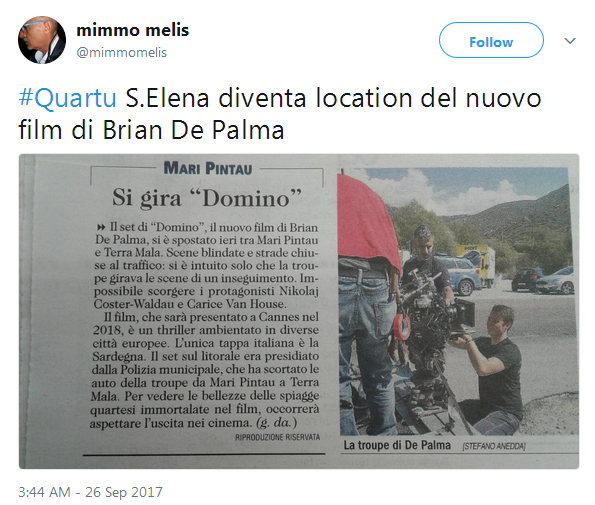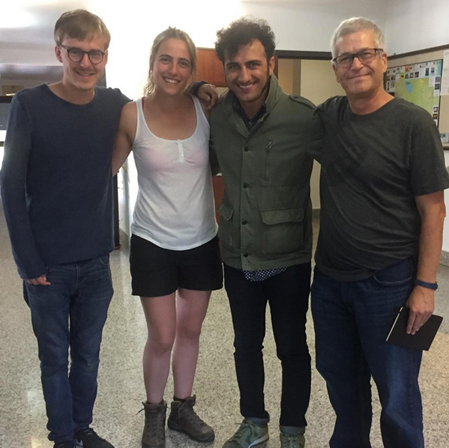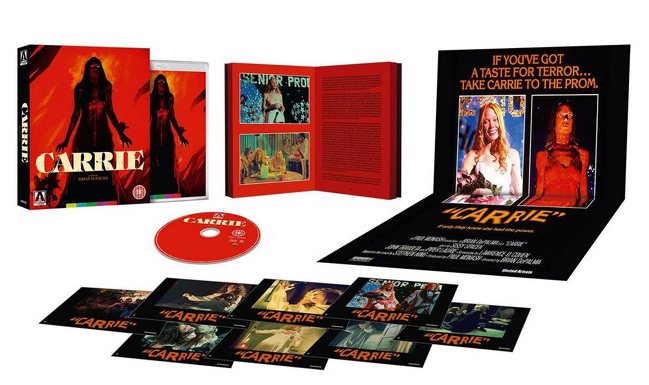It’s a little jarring to think that Noah Baumbach has been directing movies now for 22 years. In some ways, he still seems like that fresh-faced kid who released Kicking and Screaming when he was only 26. Somehow, behind a curtain somewhere, Baumbach became a full-fledged “veteran director.” (To put this in perspective, Baumbach’s at the same stage of his career that Scorsese was when he was making Goodfellas and Cape Fear.) Baumbach, like contemporaries such as frequent collaborator Wes Anderson, have now been doing this a long time. They are no longer the new wave of directors, they are just “the wave.” And now, Baumbach may just have made his best movie. And that’s not a claim made lightly. Baumbach’s filmography includes Greenberg, The Squid and the Whale, Frances Ha, Margot at the Wedding – and one of the best documentaries ever made about a filmmaker, De Palma (co-directed with Jake Paltrow). But with The Meyerowitz Stories (New and Selected), he’s arguably made his deepest and most complete film.
Dustin Hoffman plays Harold Meyerowitz, the father of Danny and Jean (Adam Sandler and Elizabeth Marvel), and their half-brother, Matthew (Ben Stiller). Their stories are divided in half, which builds anticipation because we have two of the biggest mainstream comedy stars of the last 20 years finally in a movie together, yet for a good portion of the film, they don’t share any scenes. Of course, Baumbach knows exactly what he’s doing. When the characters finally come together for the final act it’s truly powerful.
Baumbach does not like doing short interviews. So we had plenty of time to take a deeper dive into what he was trying to accomplish with The Meyerowitz Stories. And Baumbach can get a little skittish when talking about his movies and himself – like any normal person would – but it’s pretty obvious even Baumbach knows this movie is special.
The Meyerowitz Stories is currently playing at the New York Film Festival, as well as his partner’s film, Greta Gerwig’s Lady Bird, a movie that is also getting rave reviews. This is the first time the pair has had competing films (after collaborating many times) and as Baumbach admits, yes, it’s weird. Ahead, Baumbach also discusses who else he’d have loved to have made a filmmaking documentary about in the same style of De Palma. (It’s a legitimate “what could have been” reveal)...
...When it comes to a documentary based on a filmmaker, I’ve heard the phrase, “Well, it’s no De Palma,” used a few times. That’s got to be a nice feeling that you’ve made a documentary based on a filmmaker that’s so well received.
Well, it’s nice to hear. I love it. That’s a project that I can un-complicatedly talk about because I feel both proud of what we did with it, but also, obviously, it’s a celebration of Brian. Brian’s work speaks for itself. We didn’t create an advertisement for Brian, which some of these very entertaining documentaries sometimes feel like. You know, they’re there to remind you how important this person was. And I felt like, whether you know Brian or not, that would be clear by watching the movie. But also that wasn’t what we were setting out to do. But I loved working on it because it just meant picking cool Brian De Palma clips to go with what he’s saying – it’s a pretty good day at work.
Could you do something like that with someone else?
Well, yeah. I mean, it’s obviously singular to Brian. I think, yeah, there are people I wish I had actually done it with, people who I got to know who passed away who I loved talking to and talking about movies. Jake Paltrow and I and Brian are just very close, close friends. And the thing really is a document of our dinners, our hanging out, our asking him about what happened on this movie and what happened on this movie. I mean, we did it obviously in a more formalized way for the documentary, but it’s all stuff we talk about and talked about anyway.
So that’s obviously an important ingredient in why that feels so personal, in a way. I know from my own experience, and I know it from other people who I know who are well known and do interviews or whatever, it’s just, no offense, but you can’t kind of enter into the same kind of ease that you can with a friend – and a friend who does exactly the same thing as you. So that was really part of what makes that. I mean, you look at other great documents like Peter Bogdanovich’s interviews with directors…
Who you got to work with a couple years ago.
Yes, well, I’ve known Peter for a long, long time. And those are unbeatable, too, because they’re just so much about filmmaking. You have them answering the questions and talking about the things that are, I think, really about filmmaking. And that’s always, for me, the stuff that I’m most interested in reading or watching.
Who do you wish you would have gotten a chance to do a documentary with?
Mike Nichols. Bob Altman. I got to know them pretty well, and I think they both would have made – and very much in their own ways – you could have done an interesting, great version of what we did with Brian.
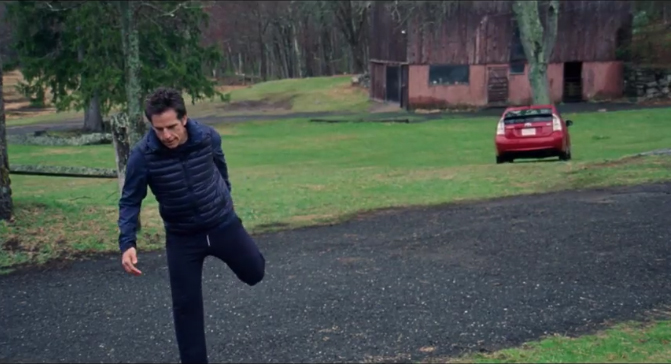




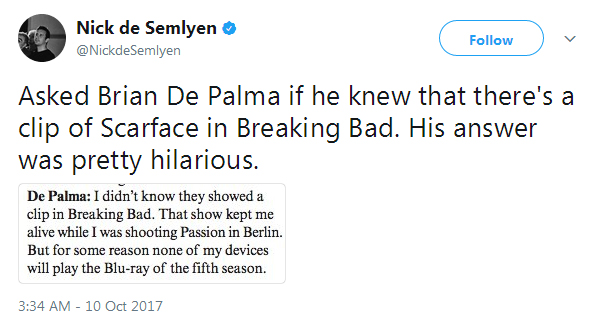
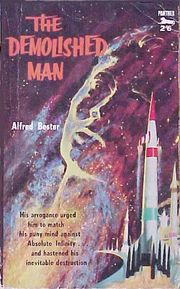 When asked about Ridley Scott's Prometheus, De Palma tells De Semlyen, "I didn't think it was as good as the original. It's not like Godfather I and II. There's a science fiction story that I've always felt would make a terrific movie: an Alfred Bester book called
When asked about Ridley Scott's Prometheus, De Palma tells De Semlyen, "I didn't think it was as good as the original. It's not like Godfather I and II. There's a science fiction story that I've always felt would make a terrific movie: an Alfred Bester book called 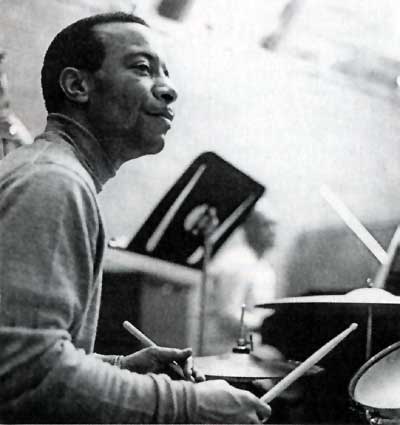 Grady Tate, the drummer who played the infectious groove and sang lead vocals on the song Be Black Baby, died Sunday night "at his home in the Upper East Side neighborhood of Manhattan," according to
Grady Tate, the drummer who played the infectious groove and sang lead vocals on the song Be Black Baby, died Sunday night "at his home in the Upper East Side neighborhood of Manhattan," according to 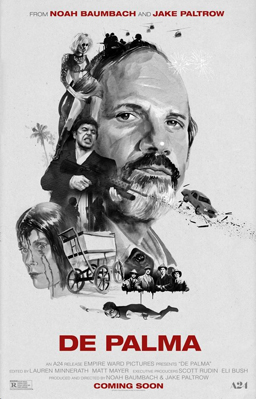 Noah Baumbach has been out promoting his new Netflix film, The Meyerowitz Stories (New and Selected). A couple of interviewers have asked him about his influences, and specifically about Brian De Palma. Meanwhile, Jared Leto, while promoting Blade Runner 2049, also talked about some of his cinematic inspirations...
Noah Baumbach has been out promoting his new Netflix film, The Meyerowitz Stories (New and Selected). A couple of interviewers have asked him about his influences, and specifically about Brian De Palma. Meanwhile, Jared Leto, while promoting Blade Runner 2049, also talked about some of his cinematic inspirations...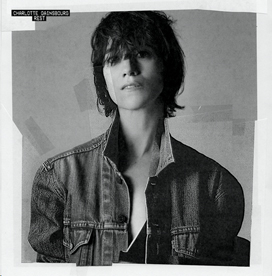 Charlotte Gainsbourg's upcoming album, Rest, will be released November 17th. According to
Charlotte Gainsbourg's upcoming album, Rest, will be released November 17th. According to 